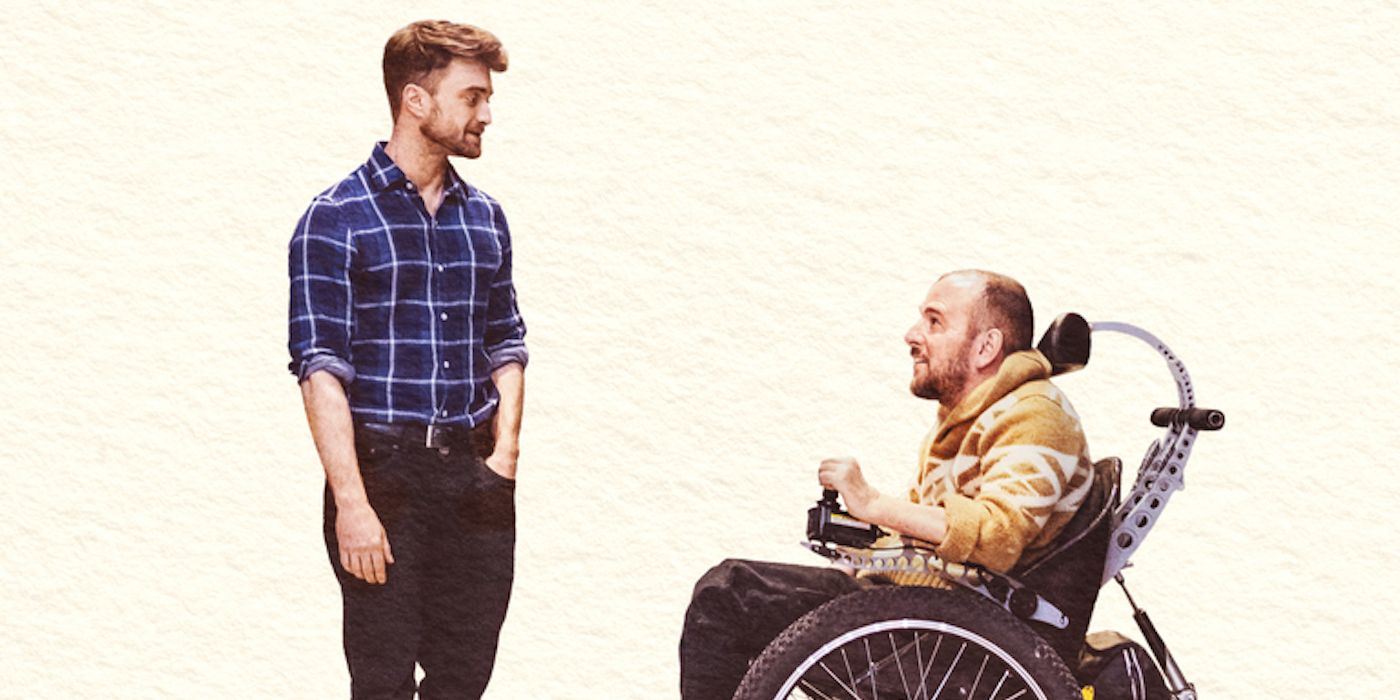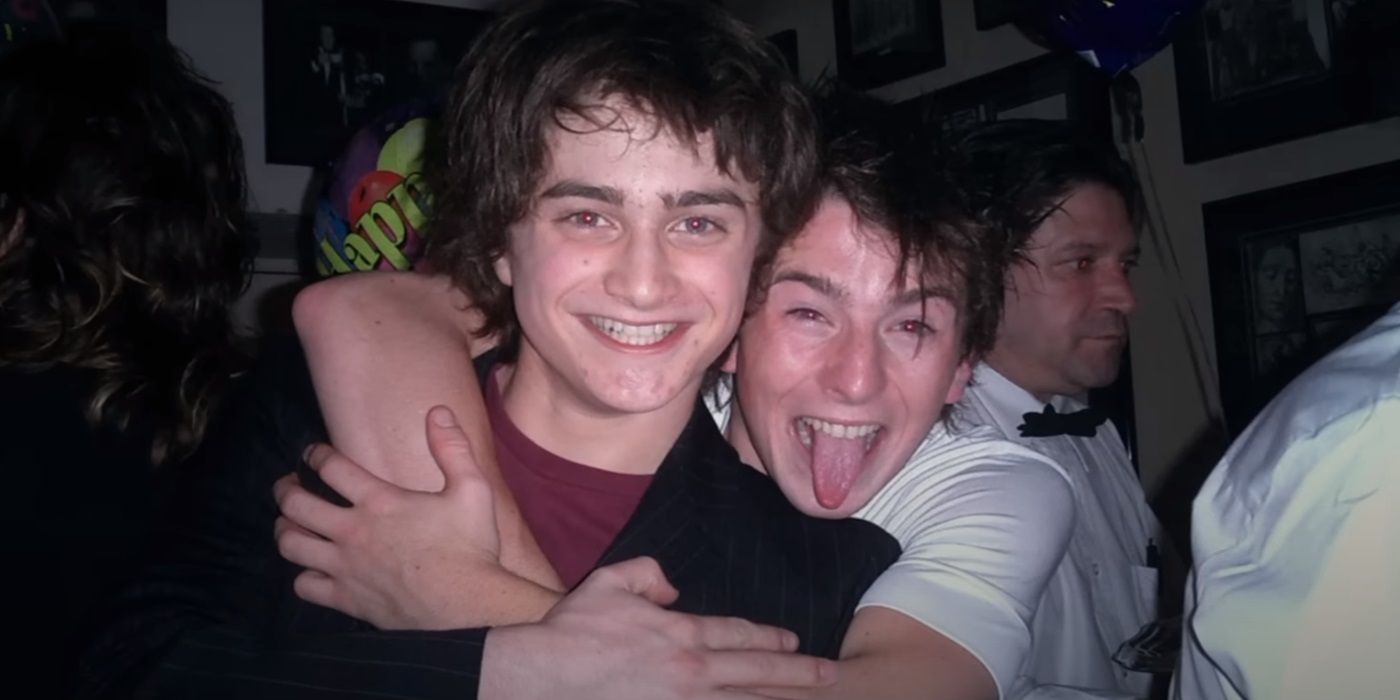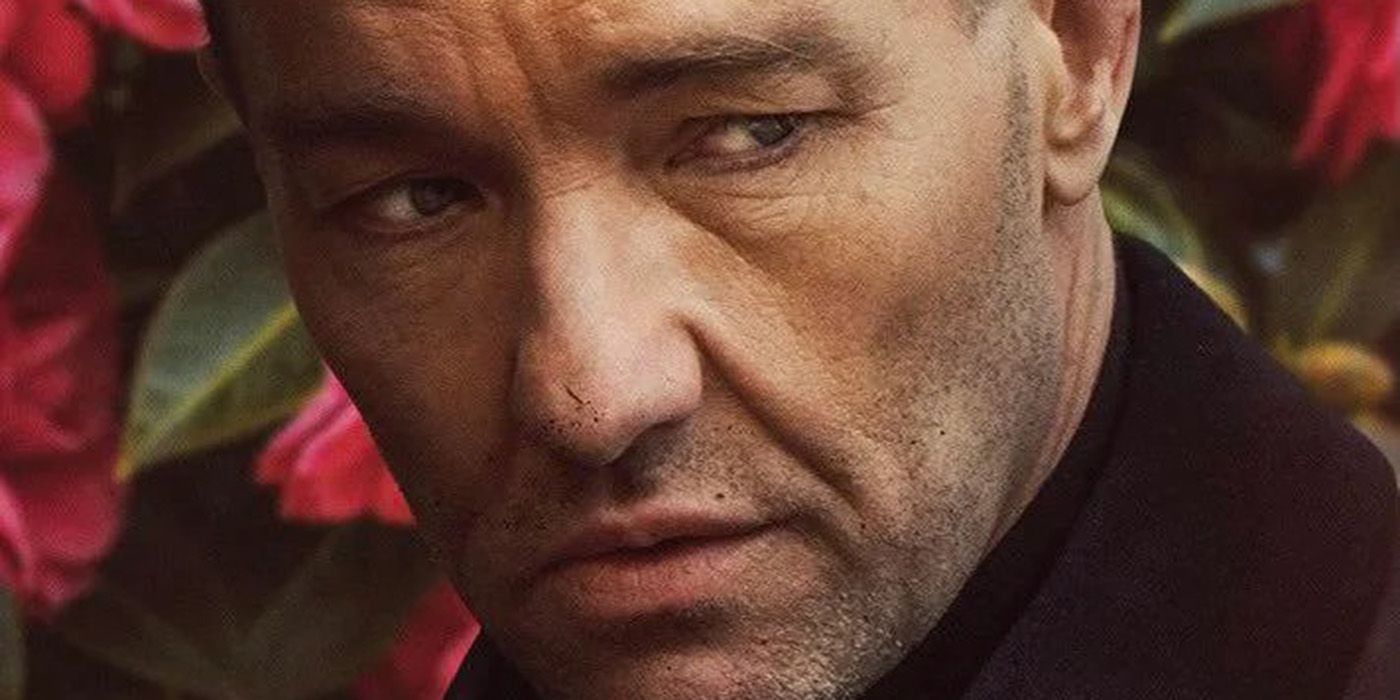The Big Picture
- David Holmes: The Boy Who Lived is a documentary about the life-changing accident that left Daniel Radcliffe’s stunt double paralyzed.
- The film showcases Holmes’ positive and optimistic nature, even in the face of adversity, as he navigates the challenges of his daily life.
- The documentary also explores the impact of Holmes’ accident on those around him, including Radcliffe and other friends and colleagues from the Harry Potter films.
“I used to fly; not so much anymore,” says David Holmes, the former stunt double for Daniel Radcliffe at the beginning of David Holmes: The Boy Who Lived. Holmes became Radcliffe’s stunt double in Harry Potter and the Sorcerer’s Stone, and the two grew extremely close over the next decade of filming the series. However, an accident during pre-production of Harry Potter and the Deathly Hallows gave Holmes a spinal injury that has left him paralyzed ever since. In David Holmes: The Boy Who Lived, director Dan Hartley helps Holmes tell his own story for the first time, as the former stuntperson discusses what it’s like having his dream taken away from him in a moment, the daily struggles he has to overcome every day, his attempts to stay optimistic despite it all, and the dedicated friends that have helped him do so ever since his injury.
David Holmes: The Boy Who Lived
A coming-of-age documentary of Daniel Radcliffe and his stunt double David Holmes, whose close friendship endures a life-changing accident.
- Release Date
- November 15, 2023
- Runtime
- 83 minutes
- Main Genre
- Documentary
From an early age, Holmes was a gymnast and a daredevil, saying that “you’re only living when you’re nearly dying.” As a kid, Holmes was discovered by stunt coordinator Greg Powell, who cast him in 1998’s Lost in Space. A few years later, Holmes would be Radcliffe’s stunt double throughout the Harry Potter series of films, which leads to the two becoming extremely close friends. Radcliffe’s interviews show the influence that Holmes has had on his life, the crew, and stunt doubles in general. Radcliffe says he saw Holmes as a cool older brother, and that he even considered becoming a stuntperson himself after being influenced by Holmes.
‘David Holmes: The Boy Who Lived’ Somehow Manages to Be Hopeful and Optimistic
But after a stunt left Holmes with a broken neck, the career he loved was taken away from him forever. Yet almost immediately, Holmes shows the positive, optimistic nature that drew people to him in the first place. When Holmes’ mother questions whether he’s going to take action against anyone for the incident, Holmes remarks that his life might be over, but there’s no reason to ruin someone else’s. As the years progress, Holmes’ situation worsens, as he begins to lose feeling in his hands, and several surgeries leave him stuck in the hospital, threatening to break his spirit.
Yet even as Holmes fears that he might soon be completely immobile, he looks on the bright side. When talking about how his spirit almost broke after the accident, he also reminiscences fondly over the friends who came to visit him and the fun they had. Holmes even helps mentor young gymnasts and shares his expertise.
David Holmes: The Boy Who Lived not only becomes about Holmes’ experience after losing his dream, but also the aftermath of this incident on those around him. While Holmes tries to look on the bright side and finds comfort in his loved ones, those closest to him share their worries about what happened to their friend. For example, Radcliffe talks about how he was afraid their friendship and dynamic would be off the first time he visited Holmes in the hospital, but that worry quickly disappeared. Holmes’ friend Marc Mailley, who took over the role as Radcliffe’s stunt double in The Deathly Hallows, recalls how wrong it felt to take the place of Holmes after all this time. Most heartbreaking though is the interviews with Greg Powell, as he has a hard time looking back on the day of the incident, and still has difficulty visiting with Holmes, since he feels somewhat responsible for his unfortunate condition.
‘The Boy Who Lived’ Is Just as Much About Those in Holmes’ Life
Hartley makes the wise choice to focus on Holmes’ friends just as much as he does on Holmes. If Holmes is a beacon of light, despite his affliction, those around him are more able to speak to the potential darkness of the situation. Some of the best moments in David Holmes: The Boy Who Lived are when Holmes’ friends are simply talking about Holmes, his impact, and their love for him. In one lovely scene, Holmes, Radcliffe, Mailley, and another Harry Potter stuntperson/friend, Tolga Kenan, just sit around and reflect on their time working on the Harry Potter films. In this moment, all the sickness and pain and horrible memories wash away, and this simply feels like four friends who grew up together and worked together fondly remembering their shared past.
But at times, David Holmes: The Boy Who Lived does get close to almost focusing too much on Radcliffe. It’s clear that this is a documentary for Harry Potter fans, and this is an opportunity to get a closer look at Radcliffe, as well as tell Holmes’ story. At certain times, The Boy Who Lived can spend a bit more with Radcliffe than anyone else, yet never to a point that it takes the focus away from Holmes or the other friends. Hartley’s decision to focus on the friends as well reins in these worries, and as one of Holmes’ closest friends, it’s hard to imagine anyone better—outside of Holmes himself—to discuss the issues that he is dealing with than Radcliffe.
Even at a brisk 86 minutes, David Holmes: The Boy Who Lived does feel a bit stretched thin, and while Holmes’ life is fascinating and inspiring, it’s easy to see how Hartley could’ve made this into a doc short. It’s also a bit odd that David Holmes: The Boy Who Lived could’ve probably used a bit more of Holmes himself. We learn that Holmes is always on the go, taking trips, and giving speeches, yet Hartley barely shows this side of him. Also considering how wonderful the moments of Holmes with his friends are, it’s a shame there’s not more of them. Holmes trying to joke with Powell is cathartic, despite the pain that Powell clearly still feels, and the ending sequence, where Holmes and Radcliffe look through the Warner Bros. warehouse of Harry Potter props could’ve easily gone on for much longer.
But David Holmes: The Boy Who Lived is a remarkable story of resilience and love, told through the optimistic eyes of Holmes and his tremendous support system. Holmes might not be flying anymore, but he’s still soaring high.
Rating: B
David Holmes: The Boy Who Lived debuts on Wednesday, November 15 on HBO and will stream on Max in the U.S.
Watch on Max





